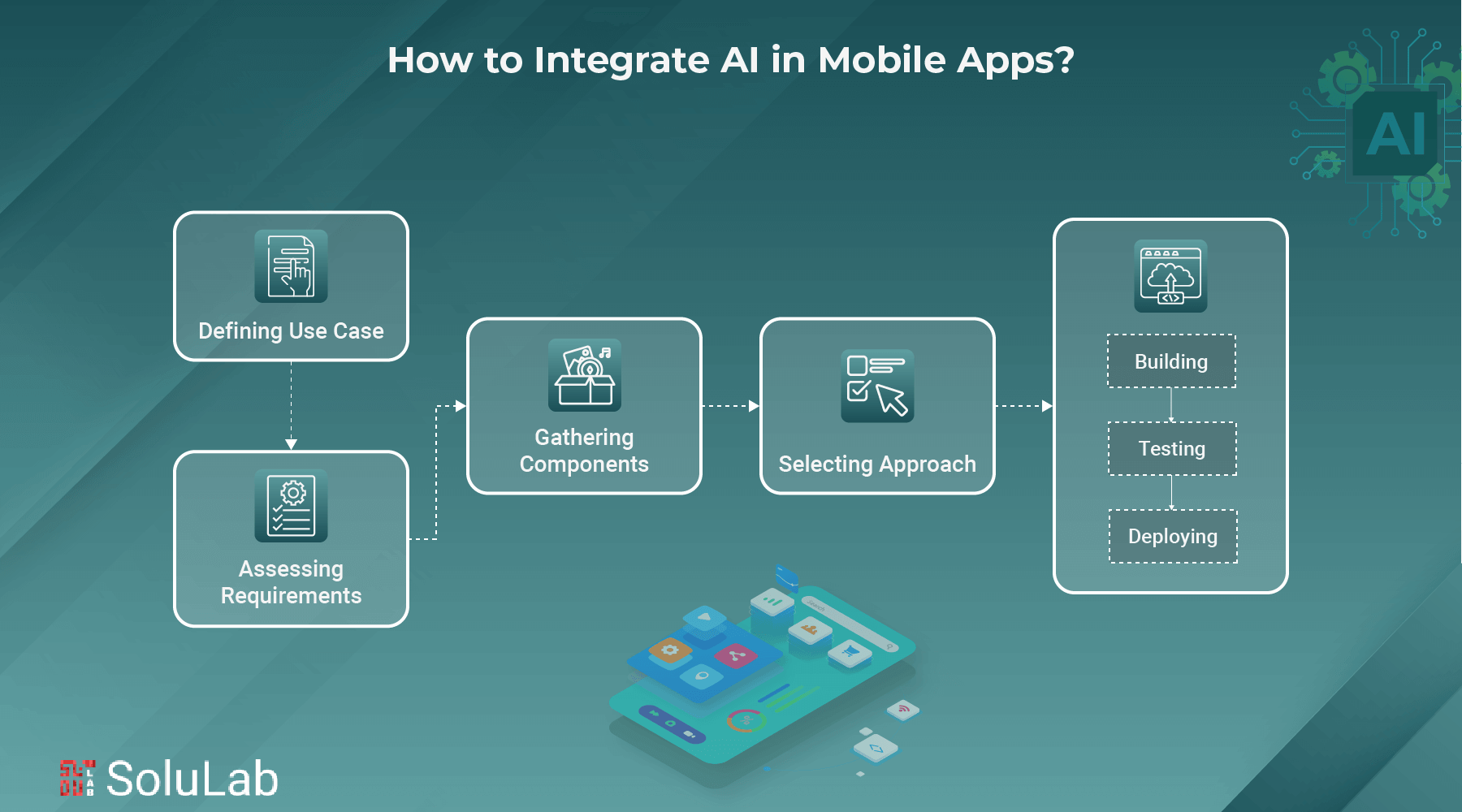
Artificial Intelligence (AI) is integrating into every sector, from education and healthcare to e-commerce and beyond. From smart chatbots to intuitive voice assistants, we’ve already seen how AI simplifies our lives with voice searches and personalized recommendations.
However, one of the industries most impacted is AI and ML in mobile app development.
Mobile apps have become the ultimate go-to tool for users. Everyone nowadays first checks their mobile for shopping, learning, connecting, and entertaining themselves. For businesses, building a mobile app is no longer optional; it’s a critical step to stay relevant and competitive.
In this blog, we’ll explore why mobile app development is important, its applications, and more.
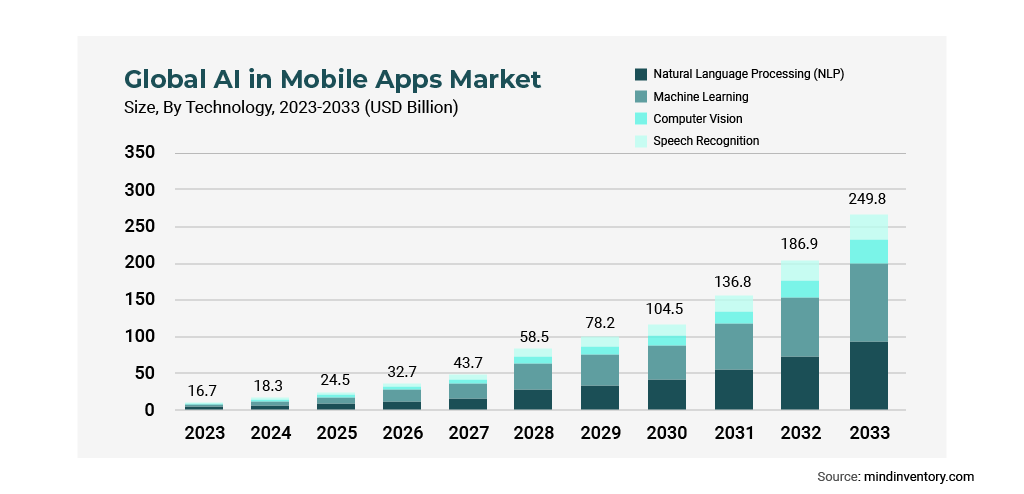
Why AI is Important in Mobile App Development?
AI is changing the mobile app development process and making apps smarter, faster, and user-oriented. Whether it is enhanced security or personalization, AI provides users with the most engaging experiences.
1. Stronger Security: AI enhances the security of apps, eliminates fraud, and identifies threats in real time. It allows biometric authentications, such as fingerprint and facial recognition, which make transactions and data safer.
2. Voice & Image Recognition: Mobile applications have built-in voice and image recognition with AI. This is available in voice assistants, visual search, and other apps, making these devices more accessible, easy to navigate, and more engaging to customers.
3. Personalization: The use of AI enhances the intelligence of apps through learning the behavior and preferences of the user. It personalizes the content, product recommendations, and notifications, assisting businesses in providing more relevant experiences, which create greater customer satisfaction and long-term loyalty.
4. Increasing Productivity: AI-based tools can be used to automate repetitive coding, test apps effectively, and propose design improvements. This shortens the development cycles, minimizes human errors, and enables developers to spend more time on innovation and creativity.
5. Improved Predictive Analytics: Predictive analytics is one way by which AI predicts user needs and behavior. Applications have the power to propose actions, predict demand, and enhance the process of decision making; they can help a business stay on top of things by providing a smarter, data-driven user experience.
AI Technologies Behind Smarter Mobile Apps
Artificial Intelligence is transforming mobile apps into powerful, personalized tools. From understanding language to recognizing images and creating content, AI makes apps smarter, more intuitive, and tailored to users’ needs.
- Machine Learning (ML): Machine Learning helps apps learn from user behavior and improve over time. For example, shopping apps recommend products based on past purchases, while fitness apps suggest personalized workout plans that evolve with your progress.
- Natural Language Processing (NLP): NLP enables machines to understand and respond to human language, powering voice assistants and translation apps. This makes communication seamless, whether through chat, speech recognition, or multilingual conversations.
- Computer Vision: Computer vision allows apps to “see” and interpret images or videos. It drives features like facial recognition in security apps, AR filters in social apps, and object detection in shopping platforms.
- Chatbots & Virtual Assistants: These AI tools provide instant customer support and guidance. They answer queries, handle bookings, and assist with daily tasks, making apps more interactive and reducing the need for human support.
- Generative AI: Generative AI creates new content, like images, music, or text, within apps. It enables features such as AI photo editing, personalized marketing messages, and content generation, enhancing creativity and user engagement.
Applications of AI in Mobile App Development
Here are a few applications of AI in mobile app development in industries like education, entertainment, automobile, and more:
1. Siri and Google Assistant
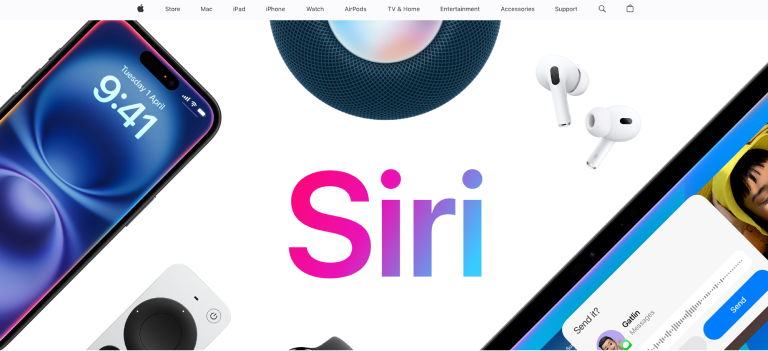
You can talk with an assistant like we talk with others in real life. You ask them to play songs, set alarms, or respond to questions. They can interpret your voice through AI to respond to you with the correct answer, just as you would do with a real person.
2. Spotify

Spotify has an AI that captures what music you listen to more or your history. It analyzes the songs that you listen to the most and then recommends new songs or playlists. The more you listen, the better it gets in search of music that suits you.
3. FaceApp
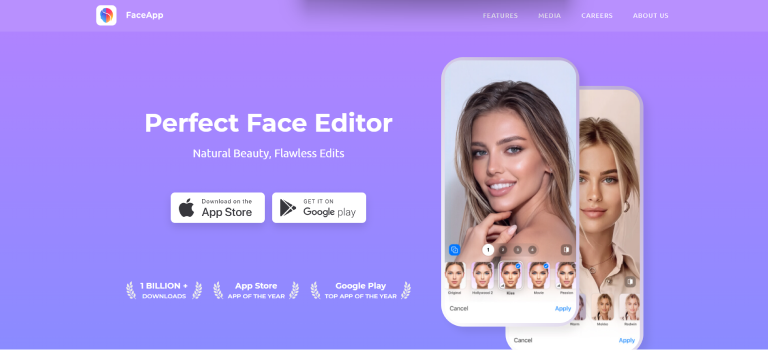
FaceApp utilizes neural networks based on AI to study facial patterns and filter them, which is more precise. It is capable of aging your face, altering hairstyles, or swapping genders through learning patterns using datasets. The app operates by scanning important points of your face, and within a few seconds, a more than realistic image has been created.
4. Tesla App
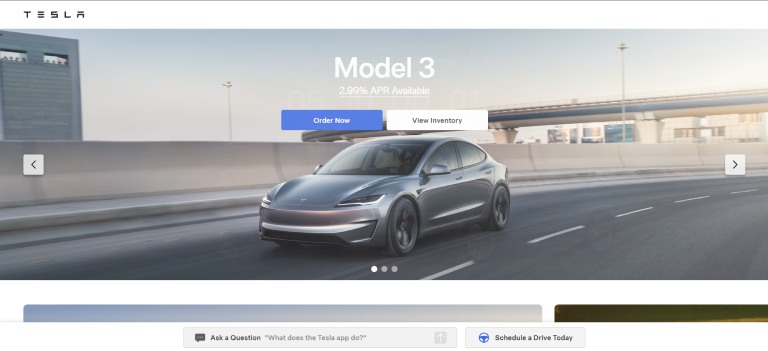
The Tesla application uses AI to offer remote monitoring and intelligent control of Tesla cars. Users can lock/ unlock doors, monitor the health of the battery, and even call cars. Back-office AI systems are used to analyze real-time data on every vehicle.
5. Duolingo
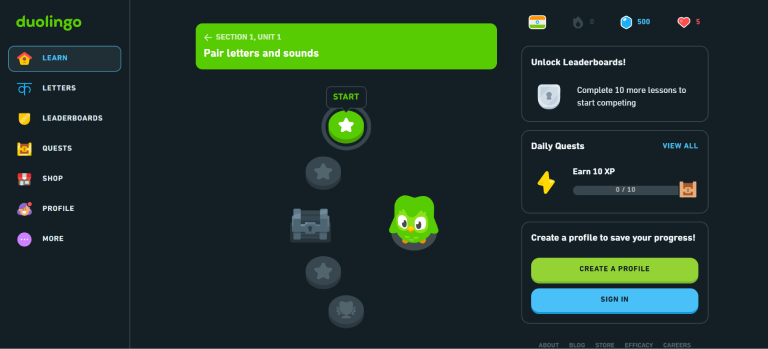
Duolingo is an app that relies on AI and machine learning to personalize language learning. The app is tracking your performance, what you do right or wrong when you give answers to questions. On that basis, it changes the challenge of the lesson. It also employs repeated learning, whereby you see difficult words and grammar rules many times until you have mastered them.
Popular Tools for Mobile App Development in 2025
AI-powered mobile app development is on the rise in 2025. The AI in the Mobile App development market is expected to reach 103.29 billion in 2029.
Advanced technologies help developers make apps smarter, faster, and more user-friendly. Here are some tools for mobile app development you should know:
1. TensorFlow
Mobile devices use Google’s lightweight machine learning framework TensorFlow Lite. Developers may run on-device AI models with low latency and storage to do real-time image recognition, speech processing, and predictive analytics without cloud servers.
2. ML core
Core ML lets iOS developers add machine learning to iPhone and iPad apps. Natural language processing, image analysis, and customized experiences are supported by Apple hardware optimization. Apple ecosystem apps work smoothly with energy economy due to Core ML.
3. Dialogflow
Google-powered Dialogflow is a top conversational interface technology. It lets developers add smart chatbots and voice assistants to mobile apps. It supports many languages, natural language comprehension, and Google Assistant integration.
4. PyTorch Mobile
The popular PyTorch framework is optimized for mobile devices with PyTorch Mobile. It makes Android and iOS deep learning model deployment easy. PyTorch Mobile is flexible and fast, supporting fluid computation graphs, real-time predictions, and AI-driven apps that need constant updates.
5. The Firebase ML Kit
Mobile developers can use Firebase ML Kit machine learning APIs. Text recognition, face identification, and image labeling are easy to add without ML experience. ML Kit is ideal for practical app innovation due to its accuracy and performance from on-device and cloud processing.
Conclusion
Businesses have countless potential uses when it comes to using artificial intelligence in mobile app development. Artificial intelligence (AI) is a game-changing technology that enhances mobile apps with innovative features and creative potential.
SoluLab, an AI-powered mobile app development company in USA, can help you develop AI apps using the best tools and technologies. Whether you need AI chatbots, predictive analytics, recommendation engines, or voice recognition features, our expert team ensures seamless integration of AI technologies into your apps.
Ready to future-proof your business with AI-driven mobile apps? Get in touch with us today!
FAQs
1. Which industries are the most served by AI-based mobile apps?
In particular, health care, retail, fintech, and education are the most beneficial, with the assistance of AI-based apps that help with personalization, automation, more effective decision-making, and enhanced customer interaction.
2. What is the future of app development with collaboration between developers and AI copilots?
AI copilots are useful to help developers code and debug more quickly, generate ideas, and increase productivity, creativity, and accelerate the development timeline of mobile apps.
3. What are other factors that developers should take into consideration when creating or incorporating AI-powered applications within an enterprise?
When developing enterprise AI applications, developers should take into account data privacy, scalability, ethical AI use, compliance, and smooth integration and maintenance in the long term.
4. Will AI displace the mobile app developers?
Artificial intelligence will not outperform developers but will increase their potential, automating the routine and giving them the chance to concentrate on innovation.
5. What is SoluLab doing in terms of developing mobile apps using AI?
SoluLab is using AI to predict, personalize, automate, and generate AI to develop mobile applications, which shape intelligent and scalable user experiences.





